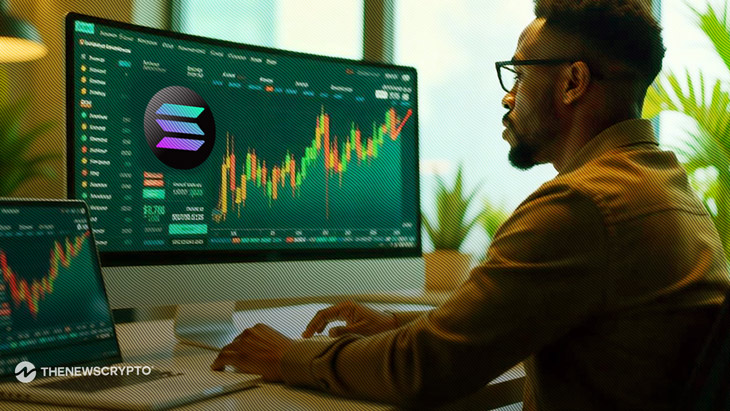- Solana’s $179 support aligns with Fibonacci, signalling potential bullish recovery.
- Whale transfers spark uncertainty, impacting sentiment and increasing trading volume.
Solana (SOL) is navigating a period of heightened market activity, trading at $179 after a 4% decline over the past 24 hours. Despite the dip, its trading volume surged by 38%, underscoring increased trader interest. However, Solana has experienced a 20% drop over the past month, hitting a 20-day low of $179, a key support level.
Technically, the $179.66 mark aligns with the 61.8% Fibonacci retracement zone, often seen as a crucial area for trend reversals. A rebound from this support has positioned Solana for potential upward movement, with bullish targets at $254.35, $302.02, and $345.76. Additionally, the Relative Strength Index (RSI) sits in a neutral-to-bullish zone (55–60), leaving room for further upward momentum.
Meanwhile, whale activity has caught traders’ attention. A significant transfer of 149,999 SOL to Binance suggests potential market impacts. Such large transactions often indicate intentions to sell, rebalance portfolios, or engage in derivatives trading. The derivatives market has seen increased activity, with open interest rising 2.75% to $3.1 billion, driven mainly by perpetual contracts. Binance leads in open interest at $1.5 billion, followed by Bybit and OKX.
Whale Moments and Overbought SOL Conditions
Market participants are closely monitoring trading volumes and on-chain transactions for signs of a sell-off or other strategic movements. While heightened activity often precedes price volatility, the exact purpose of the whale transfer remains uncertain.
The MVRV ratio, an indicator of investor profitability, reflects a neutral-to-bullish trend. It suggests that most traders are breaking even or securing modest profits, bolstering confidence in the ongoing recovery. However, caution is advised as spikes in the MVRV ratio could signal overbought conditions and trigger profit-taking.
As Solana continues to recover from its recent low, traders are watching key support levels, whale activity, and market dynamics to anticipate the next price movement.








